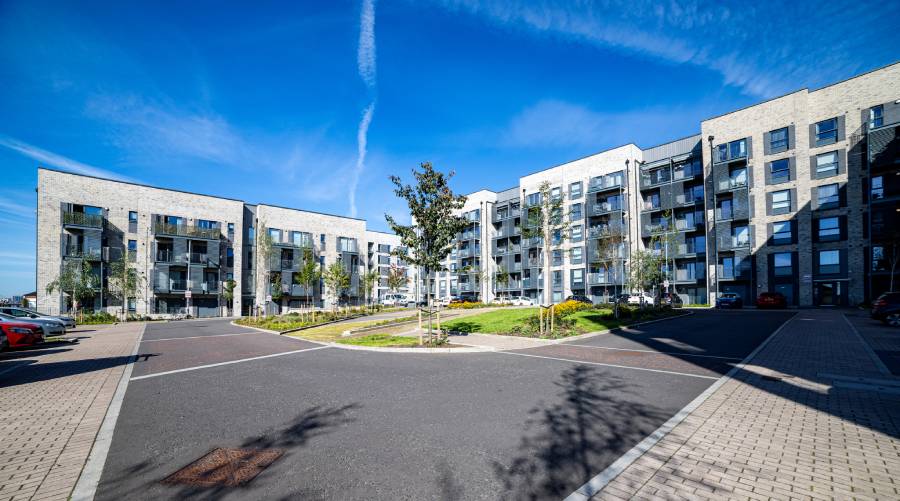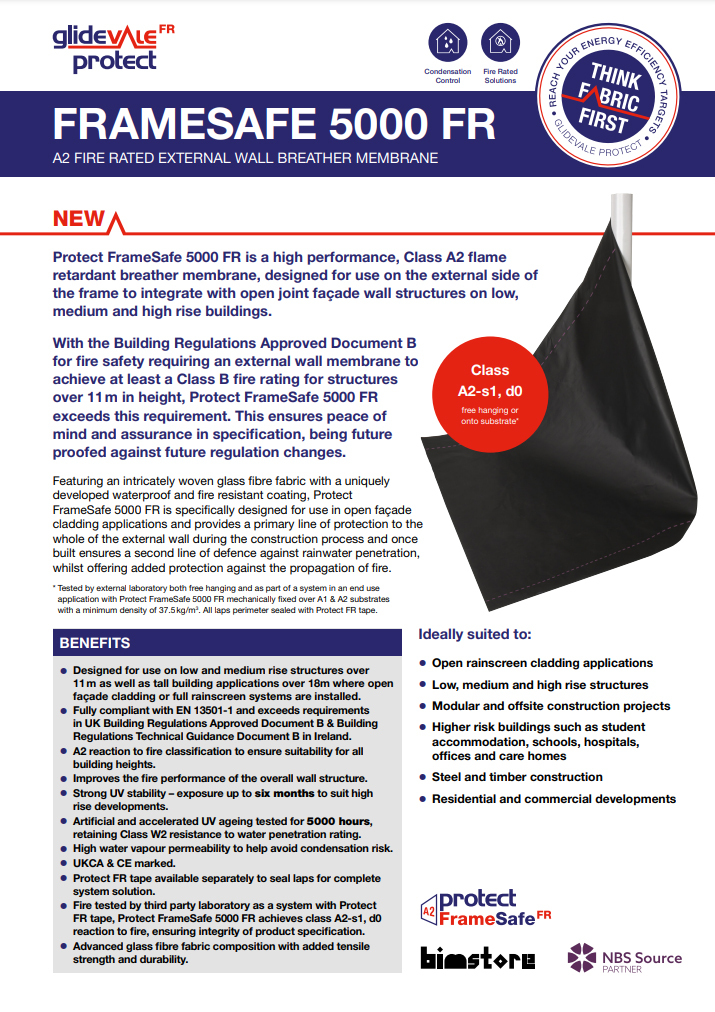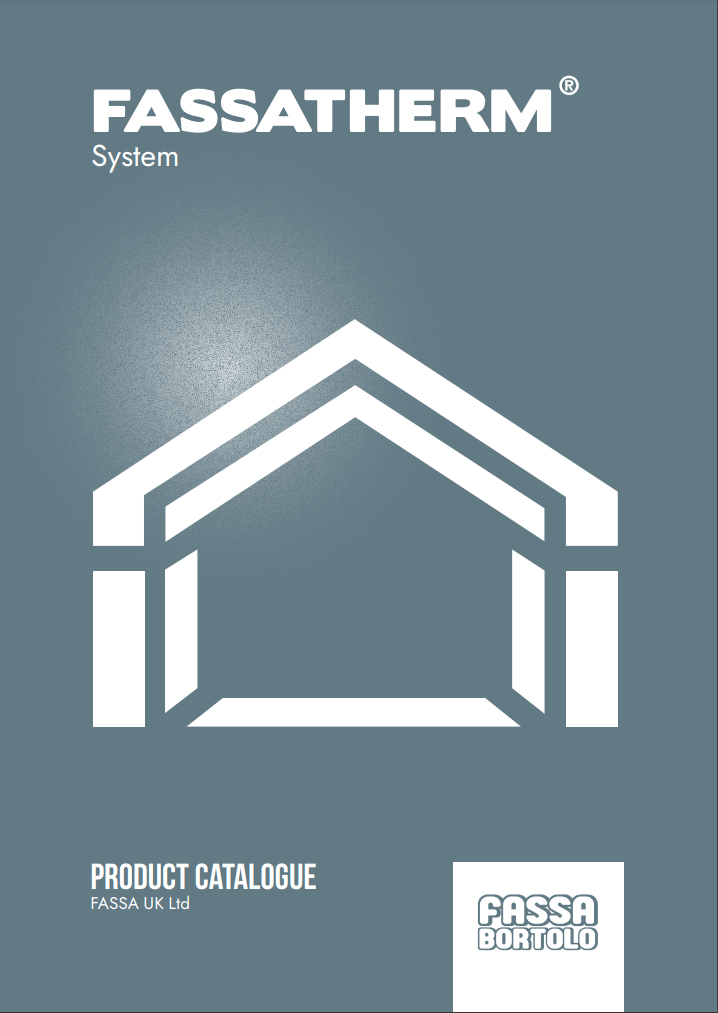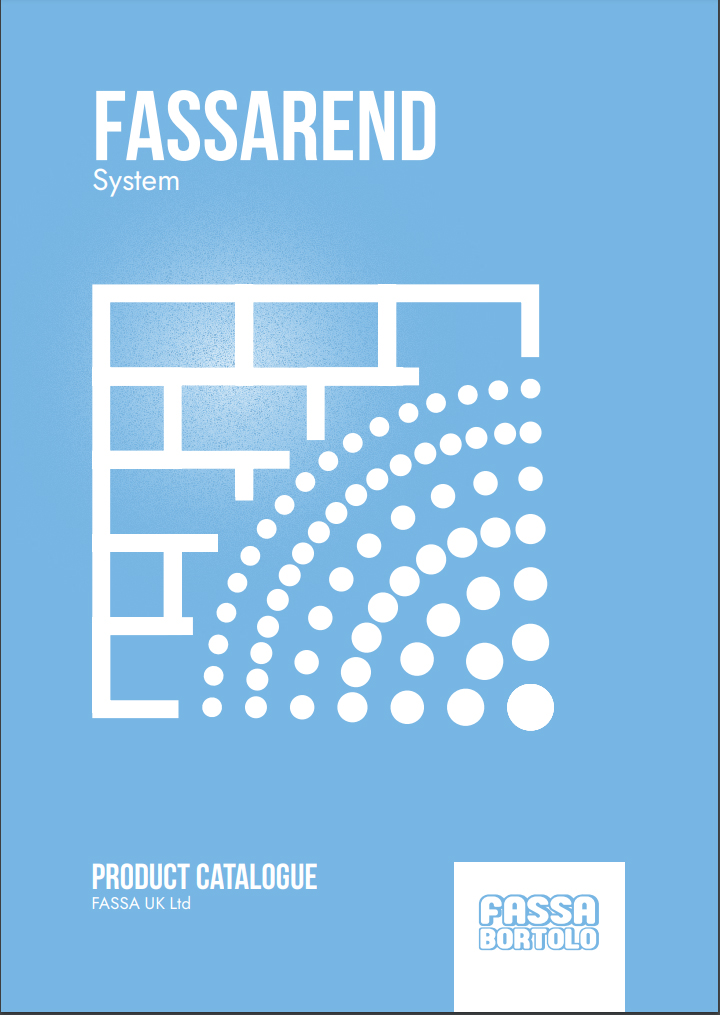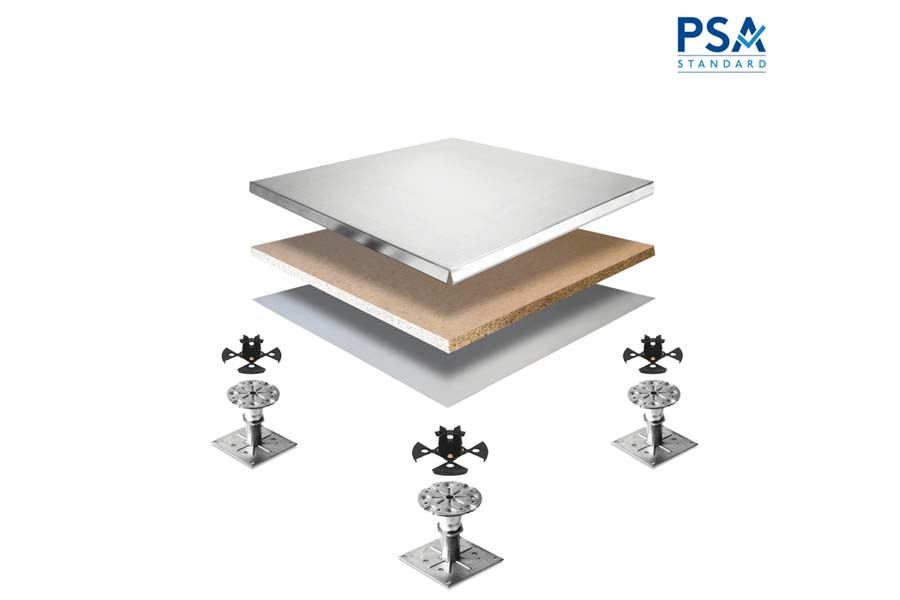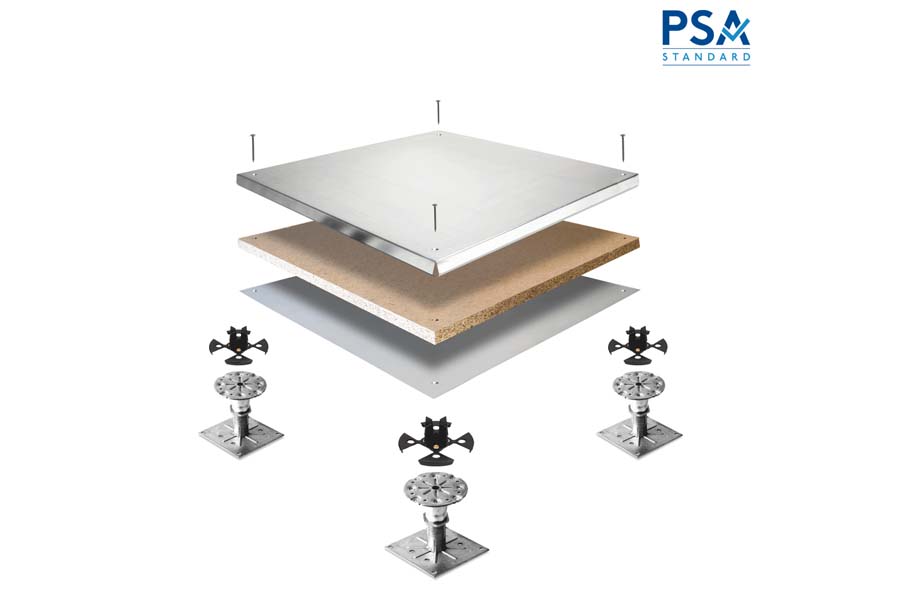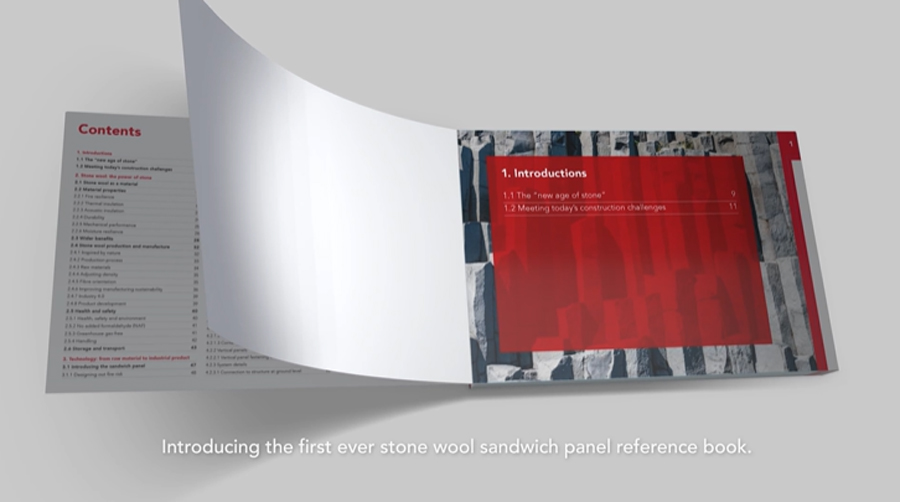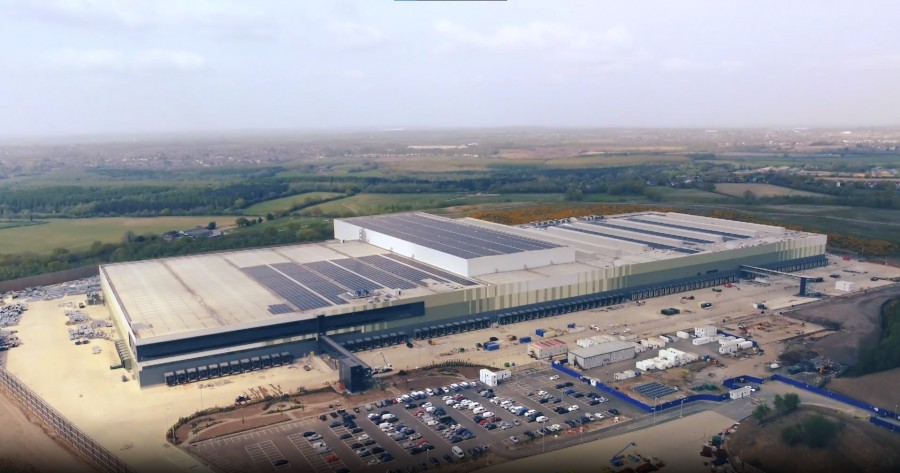A new report published by the Construction Leadership Council sets out the four main issues which have led to the slow uptake of electric vehicles in the construction industry.
They are:
- Home charging
- On site charging
- Legislation regarding Light Commercial Vehicle (LCV) Electric Vehicles (EVs)
- Cost of ownership
The report studies the impact of each issue and makes recommendations to overcome them, with the aim of increasing electric vehicle uptake in the sector, currently at just 5.2%.

Firstly, for home charging, the issues centre around employees taking work vehicles home and the availability of home charging facilities, as well as associated costs and liabilities. Recommendations include improvements to Public Charge Networks, and consideration to installing a separate meter in employee homes, allowing expenditure on work EVs to be easily monitored.
Secondly, regarding on site charging, conflicting priorities on worksites can mean there is insufficient capacity to connect EVs to the mains supply for charging. Alternatives such as hydrogen powered generators have been considered to increase capacity, but costs can be prohibitive. Recommendations include a more strategic approach, including potentially leaving permanent charging facilities behind, once the construction job is finished.
Thirdly, legislation is a challenge due to regulations regarding using LCV EVs in place of 3.5t diesel vans. An electric van weighing between 3.5 – 4.25t is classed as an HGV in certain areas of legislation, such as MOT testing, and will require a tachograph to be installed, and speed restricted to 56mph. Recommendations include removing LCV EVs from HGV thresholds to remove these extra requirements.
Fourthly, the cost of electric vehicles continues to be high and is a barrier to ownership or lease. Recommendations include capital offset for firms investing in or leasing electric vehicles, and reduced MOT costs and timings, which would help to further reduce running costs.
Matt Palmer, Industry Sponsor for Net Zero and Biodiversity at the Construction Leadership Council, Executive Director of the Lower Thames Crossing and sponsor of today’s report said: “The UK relies on the infrastructure our industry builds, but we have to do so in a way that is compatible with a Net Zero future, and that includes the vehicles we use – on site, and for our workforce travelling to, from and between sites.
“Whilst uptake of electric vehicles in the construction industry has been slow to date, I’m optimistic that our report sets out clear actions and suggested policy changes that would make electric vehicle ownership or lease a more attractive option for our whole industry.”
Joanna Gilroy, Group Director of Sustainability, Balfour Beatty said: “It’s been a tremendous opportunity for Balfour Beatty to support this CLC Sprint Project involving stakeholders from across the industry to align our approach that will enable the uptake of electric vehicles to gain traction in projects across the UK.
“Throughout this process we have identified consistent challenges faced and recognise the issues of infrastructure, regulation and investment that is required to move the industry collectively forward in reaching Net Zero”.







